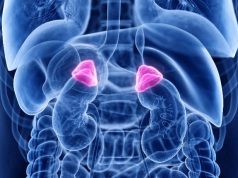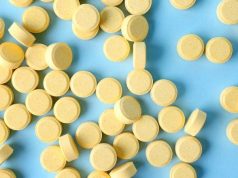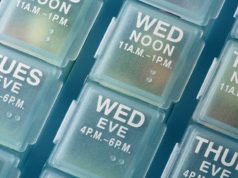Stimulated C-peptide secretion partially preserved with verapamil versus placebo at 52 weeks after diagnosis of type 1 diabetes
By Elana Gotkine HealthDay Reporter
TUESDAY, March 7, 2023 (HealthDay News) — Verapamil partially preserves stimulated C-peptide secretion at 52 weeks after diagnosis among children with newly diagnosed type 1 diabetes, according to a study published online Feb. 24 in the Journal of the American Medical Association.
Gregory P. Forlenza, M.D., from the University of Colorado in Aurora, and colleagues examined the effect of verapamil on pancreatic beta cell function in children aged 7 to 17 years with newly diagnosed type 1 diabetes. Participants were randomly assigned to once-daily oral verapamil or placebo (47 and 41 patients, respectively); 83 participants completed the trial. The primary outcome was area under the curve values for C-peptide level stimulated by a mixed-meal tolerance test at 52 weeks from diabetes diagnosis.
The researchers found that the mean C-peptide area under the curve was 0.66 pmol/mL at baseline and 0.65 pmol/mL at 52 weeks in the verapamil group compared with 0.60 pmol/mL at baseline and 0.44 pmol/mL at 52 weeks in the placebo group, equating to a 30 percent higher C-peptide level with verapamil at 52 weeks. The percentage of patients with a 52-week peak C-peptide level of 0.2 pmol/mL or greater was 95 and 71 percent in the verapamil and placebo groups, respectively. At 52 weeks, hemoglobin A1c was 6.6 and 6.9 percent in the verapamil and placebo groups, respectively. A nonserious adverse event considered to be related to treatment occurred in 17 and 20 percent of participants in the verapamil and placebo groups, respectively.
“Further studies are needed to determine the longitudinal durability of C-peptide improvement and the optimal length of therapy,” the authors write.
Several authors disclosed financial ties to pharmaceutical and medical device companies, including Medtronic, Tandem Diabetes Care, and Dexcom, which provided the devices used in the trial.
Editorial (subscription or payment may be required)
Copyright © 2023 HealthDay. All rights reserved.








